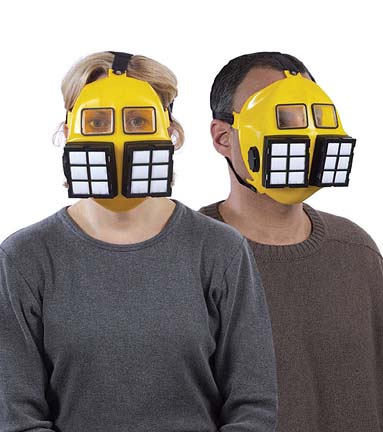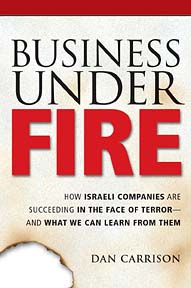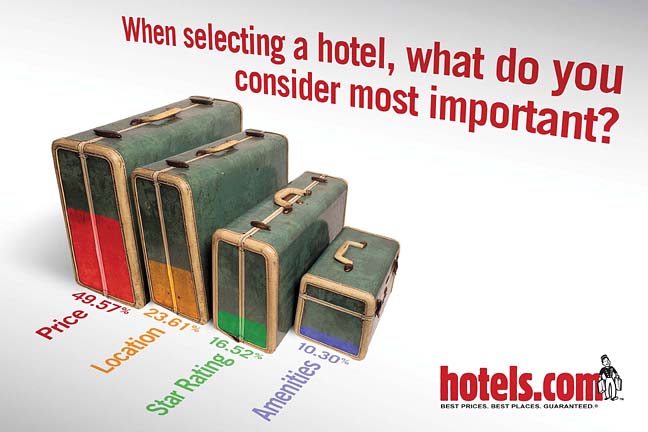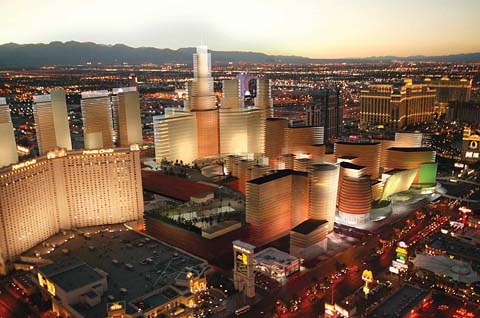Business Under Fire

While the tourist industry was immediately and gravely threatened, high-tech companies, which already have issues unrelated to terror, were confronted with problems with a longer fuse – the eventual loss of customer or investor confidence, for example.
The following is an interview by Carrison with Ami Hirschstein, CEO, Dan Hotels Corp. The Dan Hotels Israel has 13 hotels including the unique King David hotel in Jerusalem, known worldwide.

Business Under Fire: How Israeli Companies Are Succeeding in the Face of Terror – and What We Can Learn from Them comes from AMACOM, the American Management Association, New York. Packed with fascinating first-person accounts from CEOs, managers and in-the-trenches employees who have been through it all, the book contains hard-won insights every business and security organization can appreciate. Book ordering information at www.amacombooks.org.
I thought it was important to define the situation. We held an association meeting of hotel owners; everybody wanted to talk about the effect of terror on the tourist cancellation rate. But to me, the cancellation rate wasn’t the whole story. I’ve lived through lots of wars here, and people don’t necessarily cancel; they just don’t come – they’re no-shows. What counted was the occupancy rate.
So we all made predictions. I predicted the occupancy rate would drop from 85 percent to 30 percent. This was very early in the crisis, remember, and some owners laughed. As it turned out, it dropped even lower.

Hirschstein: Here’s what we had: thirteen hotels, 3,200 rooms, 3,500 employees. We fired a thousand employees, immediately. After two months, I checked income against expenses and saw that we had to reduce the layers of management. The assistant managers were let go…Yes, I know it sounds harsh. But that was the way it was. We were in the greatest crisis of our industry. Immediately after the intifada, occupancy dropped from 85 percent to 50 percent. Then, one week after the bombing at the Dolphinarium, occupancy dropped from 50 percent to 25 percent. Then it dropped even lower; we had hotels with 300 rooms with maybe 30 or 40 rooms occupied.
Hirschstein: There is no “day after.” I don’t believe that something will happen that will suddenly put us where we were. But there will be a point of change, where the down arrow finally stops its downward path and turns in the other direction.
I think we are at this point now. There may not be peace, but I’ll settle for nonwar. True peace may be generations from now, made by people who have forgotten our differences.

Defining the problem
Ami’s point about the importance of defining the situation, as fundamental as it may sound, cannot be taken for granted.There are managers, even in Israel, I discovered, who do not put “terrorism” up on the board along with all of the other obstacles a business plan is designed to overcome. Some managers I interviewed gave me the impression that, because it has gone on for so long, terrorism has become, in their minds, like the weather – not subject to personal control. It is also a difficult topic to introduce without fear of being associated with negativity. No one wants to stand before a board of directors or an audience of investors and give the impression that one’s business is under siege.
Much can be learned from an accomplished business leader who finds his back against the wall. The problem, I realized, was in the transmission of the message. It’s one thing to read, for example, about a mountaineering technique for crossing a bottomless crevasse and quite another to actually feel the cold wind as one tries not only to cross, but not to fall. Interviewing Ami Hirschstein, I was feeling that cold wind.
Looking for a reprint of this article?
From high-res PDFs to custom plaques, order your copy today!



